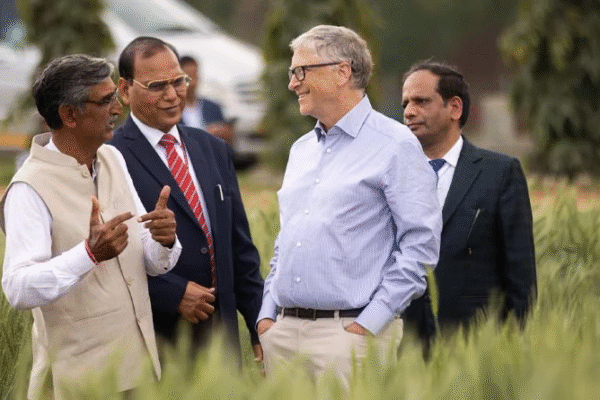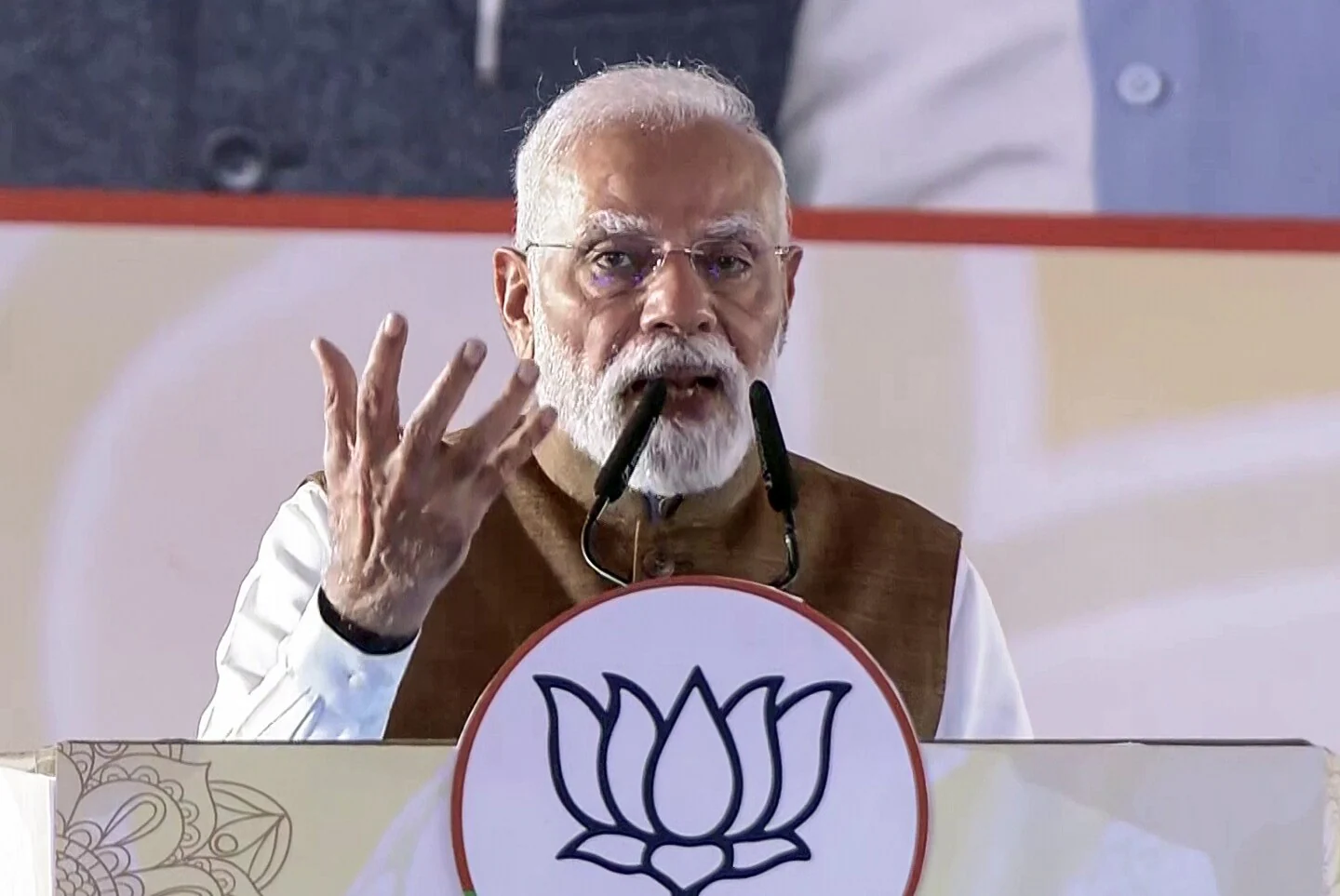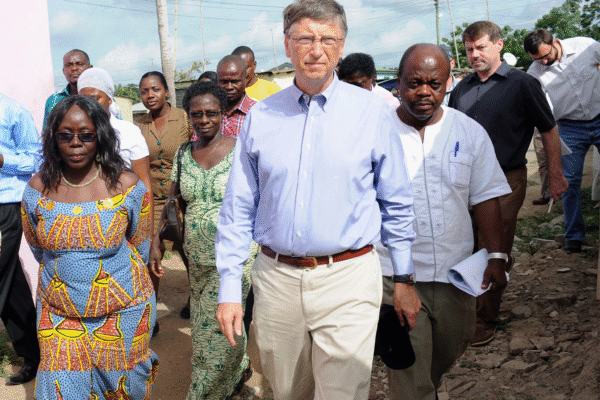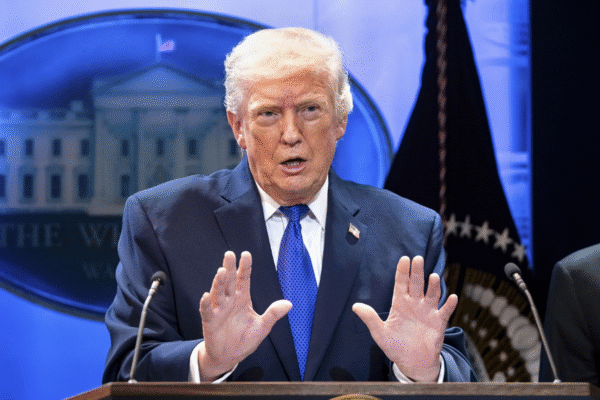

Modi Supports Trump Gaza Peace Plan
New Delhi/Gaza/Washington –
Modi backs Gaza deal presented by U.S. President Donald Trump to end the escalating Israel-Hamas war. The Indian Prime Minister called the U.S.-led 20-point peace plan a “viable and constructive roadmap” to restore long-term peace in West Asia. His public endorsement came as Hamas signaled agreement on key elements of the proposal, including the release of hostages and preliminary negotiations
Posting on social media, Modi said India will support “all constructive efforts toward a just, lasting resolution” to the conflict in Gaza. He urged all parties to work together to end hostilities, restore calm, and bring development and security to both Palestinians and Israelis.
Trump’s peace plan—described by him as the “last real chance” to end the conflict—comes as the humanitarian crisis in Gaza worsens, and international pressure mounts for a diplomatic breakthrough.
Hamas Engages After Ultimatum
On Friday, Trump raised the stakes by issuing a strict Sunday deadline for Hamas to accept the plan or face devastating consequences. “All HELL, like no one has ever seen before,” he warned in a televised address.
Shortly after the ultimatum, Hamas confirmed it was open to begin negotiations based on several of the proposal’s points. Trump announced that Hamas had agreed in principle to release all hostages, one of the most urgent demands in the plan.
However, not all parts of the plan were accepted. Hamas rejected calls to disarm and opposed the creation of an internationally-led “Board of Peace”, instead proposing a Palestinian technocratic committee backed by Arab and Islamic nations to govern Gaza post-conflict.
Inside Trump’s 20-Point Gaza Peace Plan
The proposal outlines a phased, multilateral roadmap to end the war and stabilize Gaza. The major components are:
- Immediate ceasefire to halt all hostilities by both Israel and Hamas.
- Hamas must release all hostages—dead or alive—within 72 hours of Israel’s agreement to the plan.
- Israel to release 250 Palestinian prisoners serving life sentences.
- Israel to release 1,700 Palestinians detained after October 2023.
- Hamas militants to be granted amnesty if they surrender arms and pledge peaceful coexistence.
- Option of safe exile for Hamas members unwilling to disarm, with host countries arranged in advance.
- No Israeli annexation of Gaza, and no forced relocation of Gaza residents.
- Deployment of an international stabilization force to oversee Israeli withdrawal and protect civilians.
- Transfer of Gaza governance to a neutral Palestinian committee, made up of technocrats with no political affiliations.
- The creation of a “Board of Peace”, chaired by Trump, to supervise the transition.
- Involvement of global figures—like former UK PM Tony Blair—as international advisors or mediators.
- Exclusion of Hamas from future governance structures in Gaza.
- Dismantling of Hamas’s military infrastructure, including tunnels and weapons factories.
- Construction of humanitarian corridors to deliver food, medicine, and aid safely.
- Supervised rebuilding of Gaza, with international funding and oversight.
- Regular elections in Gaza, monitored by international bodies to ensure fairness.
- Lifting of certain Israeli blockades, conditional on security guarantees.
- Guarantees of religious freedom and access to holy sites for all communities.
- Creation of a Gaza Economic Development Fund, supported by Gulf and Western donors.
- A two-year review clause, allowing all parties to reassess terms and modify based on results.
Global Reactions and Modi’s Strategic Support
Prime Minister Modi welcomed the proposal swiftly, calling it a balanced and forward-looking approach. His support aligns with India’s long-standing position of advocating for peaceful resolution through dialogue.
“India believes in the principles of sovereignty, coexistence, and justice,” Modi wrote on X. “We support this opportunity to end suffering and rebuild peace in West Asia.”
International interest in the plan has surged, with countries such as Egypt, Saudi Arabia, and the UAE reportedly in private talks to support elements of the peace initiative. The European Union expressed cautious optimism, while Iran and Hezbollah sharply criticized the plan.
Crisis Background and Mounting Humanitarian Pressure
The conflict escalated in October 2023 following a Hamas-led attack that killed 1,200 Israelis, prompting Israel’s massive retaliatory campaign in Gaza. Since then, over 67,000 people have reportedly died in Gaza due to intense airstrikes and ground operations.
In August 2024, the UN officially declared a famine in northern Gaza. A UN commission in September accused Israel of committing genocide—allegations Israel has denied, calling them politically motivated.
Ceasefire negotiations since July have repeatedly failed. A temporary truce in January collapsed over disagreements on prisoner swaps and territorial control.
What Comes Next?
With Trump’s 20-point plan now publicly endorsed by India and partially accepted by Hamas, pressure is building on both Israel and Hamas to take further steps. The coming days will be critical in determining whether this plan becomes a true breakthrough—or another missed opportunity in the region’s long struggle for peace.
The world now watches as diplomacy, politics, and public pressure converge on a deeply divided land and on a proposal that could reshape the region’s future.
Read-https://newshashtag.com/trump-gaza-peace-plan-gamble/

NewsHasghag operates a 24/7 news bureau that tracks the real-time, social media-driven stories from India and around the world, keeping you ahead of the day’s key talking points. Our digital-first approach transforms storytelling through the seamless integration of data, interactive charts, video, and audio into every narrative








